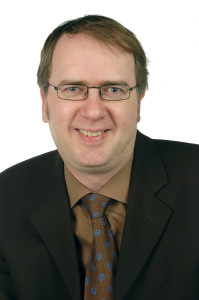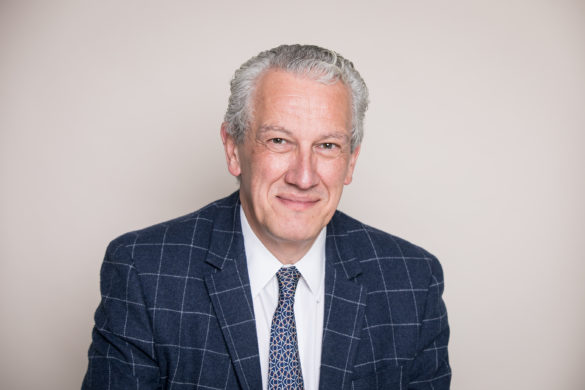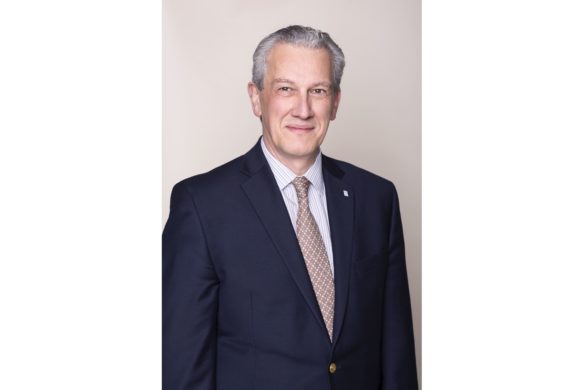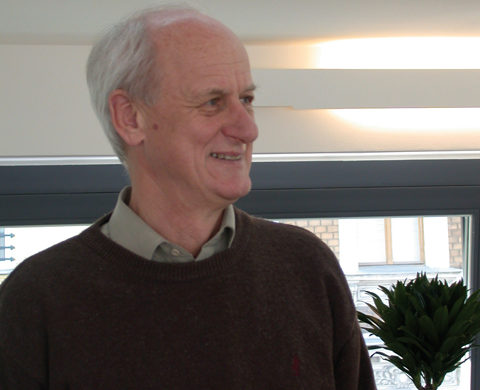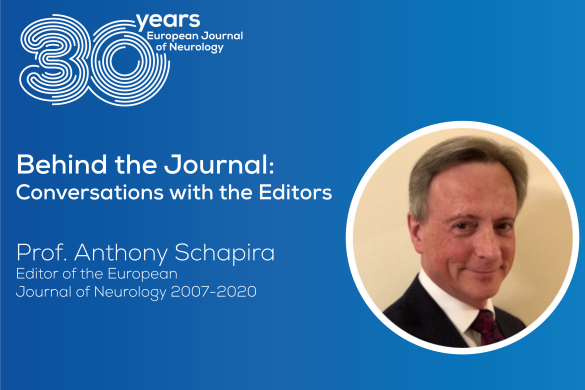Elena Moro (EM): As incoming co-chair of the Scientific Panel “Headache” can you briefly introduce yourself and your specific field of expertise to the Neuropenews readers.
Stefan Evers (SE): My name is Stefan Evers, I studied medicine at the University of Münster, Germany, and received an MD in 1992. In addition, I studied musicology and received a PhD in this subject. Now, I am Chair of a neurological Hospital and Professor of Neurology and Clinical Neurophysiology at the University of Münster. My main interest from the beginning of my career was, beside others, headache and migraine. I did research on neurophysiology, genetics, and clinical aspects of idiopathic headache disorders. In 1998, I stayed at the Institute of Neurology in London for a research project on cluster headache. From 2004 to 2007, I was President of the German Migraine and Headache Society. From 2005 to 2011, I served as the Chair of the Headache Panel of the former EFNS. Since 2012, I am General Secretary of the International Headache Society.
EM: Can you outline the strategic work plan you foresee for the Scientific Panel that you
co-chair?
SE: The Headache Panel will focus on educational activities and guidelines. The EFNS published guidelines for all idiopathic headache disorders, this has to be updated under the umbrella of the EAN. Further, headache disorders must become more visible on the EAN congresses. According to the WHO ranking, migraine is the neurological disorders causing the highest absolute disability (DALY) among all neurological disorders (more than stroke, Parkinson’s disease, multiple sclerosis etc.). This should be considered when planning educational activities on the EAN congresses and in Eastern Europe.
EM: What is the main “deliverable” that you want to achieve for the work the Scientific Panel will address during your term of office?
SE: I would like to see migraine and other headache disorders as an important part of Neurology which deserves more attention by congresses, conferences and in our educational activities. The severe disability caused by headache disorders can nowadays matched by very efficacious treatment options, and new treatment options are under way.

